May 25, 2025 | 02:07 GMT +7
May 25, 2025 | 02:07 GMT +7
Hotline: 0913.378.918
May 25, 2025 | 02:07 GMT +7
Hotline: 0913.378.918
The amount refers only to advance money the banks gave to traders Atlantica and Cafebras in contracts linked to future coffee exports, known locally as ACCs, according to the documents. It is not known if the traders have other debt with roasters or coffee importers related to supply deals.
Brazil's largest bank, state-controlled Banco do Brasil SA, has the biggest share of the debt with 765 million reais, followed by Banco BTG Pactual with 181.5 million reais and Banco do Nordeste with 100.9 million reais, the documents showed.
Other three banks had smaller credits pending from ACCs.
Atlantica and Cafebras, both owned by Brazilian coffee group Montesanto Tavares, filed a request last week to have a large part of its debt negotiated in court, a judicial move that can precede a bankruptcy proceeding if the negotiation is not successful.
The move left the coffee market on tenterhooks with coffee importers fearing they could not get their orders delivered or that other exporters in Brazil could run into financial troubles as coffee prices skyrocketed.
Banco do Brasil, BTG Pactual and Banco do Nordeste did not immediately return requests for comments.
Atlantica and Cafebras said in the court documents that the recent spike in prices was the latest challenge to their operations, since they caused margin calls on their hedging operations to sour.
One coffee broker, who sent some of the court documents to Reuters, said he was surprised by the size of the credit the two traders had, particularly the part from Banco do Brasil.
"It is a huge amount for companies that are not that big," he said, asking not to be named given the sensitivity of the issue.
($1 = 6.0580 reais)
(Reuters)
/2025/05/22/5250-1-184853_288.jpg)
(VAN) According to a representative from the Central Retail Vietnam, Vietnamese products such as seafood, sweet potatoes, dragon fruit, coffee, and spices hold great potential in the Thai market.
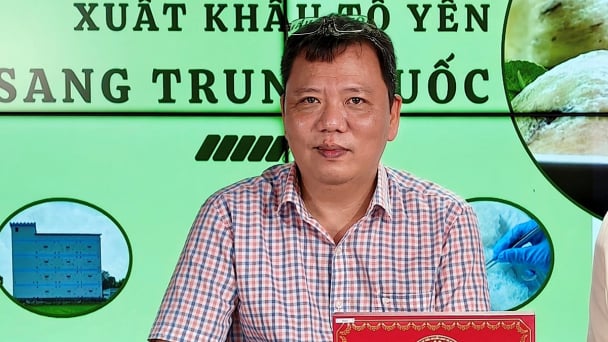
(VAN) A multi-channel, multi-directional strategy only works when the agricultural value chain meets global transparency and SPS standards.
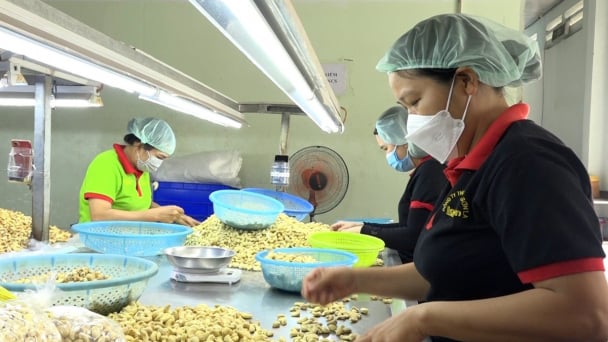
(VAN) Market expansion is a matter of survival for Vietnamese businesses amid fierce competition and global supply chain fluctuations.
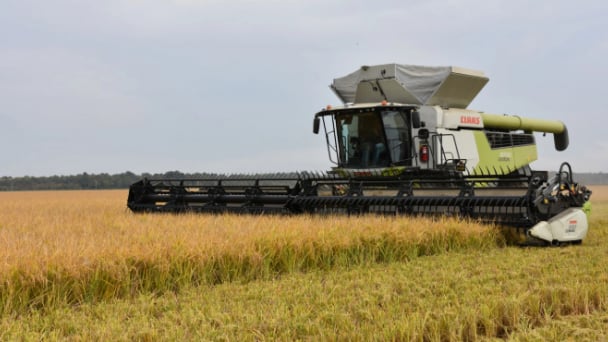
(VAN) Global market prospects for U.S. long-grain rice for the upcoming marketing year.
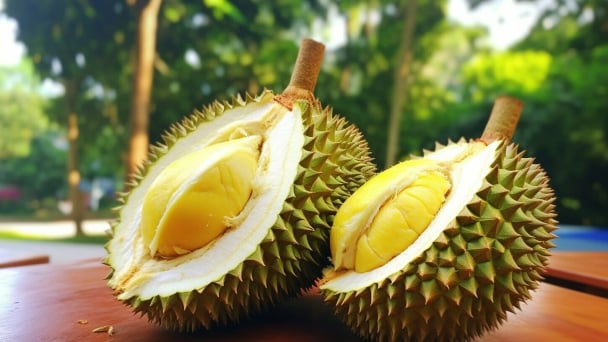
(VAN) China’s General Administration of Customs started permitting fresh durian shipments from Cambodia after a phytosanitary protocol was signed with the Cambodian Ministry of Agriculture in late April.
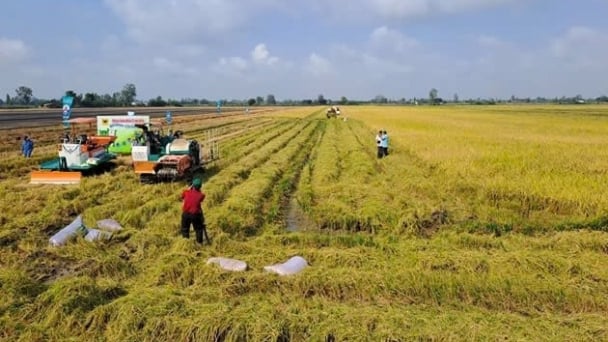
(VAN) To operate carbon market, one of the key issues is determining which types of 'commodities' meet the standards to be traded on the market.
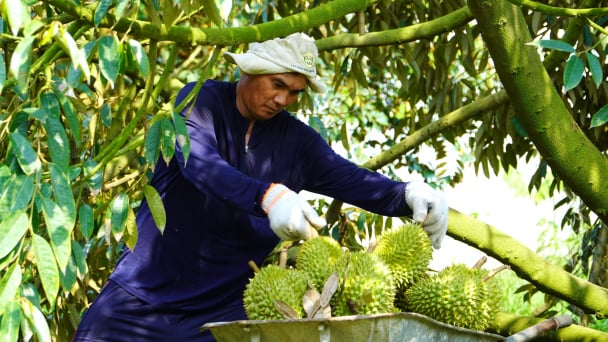
(VAN) Durian-producing localities need to coordinate more effectively with central authorities to improve the traceability, monitoring, and response systems in case of violations.